No products in the cart.
Simone Pilon – Introduction to College Writing
$1,250.00 Original price was: $1,250.00.$250.00Current price is: $250.00.
Digital Download: You will receive a download link via your order email after successful payment.
All the words I use in my stories can be found in the dictionary—it’s just a matter of arranging them into the right sentences.
SKU: a95e329a11d5 Category: Music Tags: Introduction to College Writing, Simone Pilon, Simone Pilon - Introduction to College Writing
Introduction to College Writing
All the words I use in my stories can be found in the dictionary—it’s just a matter of arranging them into the right sentences.
– Somerset Maugham
When you write, you are essentially entering into a conversation with yourself and with your reader. Sometimes you are initiating this conversation. Other times you are starting in the middle, in which case you need to recognize previous discussions on the topic and set a path for the future. Learning how to navigate various situations and participate in written conversations is essential to your academic, professional, and personal success.
Think about when you apply for a job, for college, or for a grant. Your résumé, cover letter, or proposal are the first glimpse your future employer, your admissions officer, or the granting agency will get of you. Were you polite and respectful? Did you show an attention to detail by using proper punctuation and spelling? Did you show that you are organized by having a well-structured letter or proposal? How you present yourself in these materials could make (or break) your chances.
In this course, we will explore the writing process as a tool for thinking and a mode of exploration. And we will work on helping you develop a strong, individual, and creative voice.
The overall focus of Introduction to College Writing is for you to develop academic writing and expository prose techniques for creating clear and coherent written works. The course covers a wide range of skills necessary for college-level work including elements of argumentation, sentence-level issues, paragraph structure, organization, form, and style. Additional lessons will focus on writing styles appropriate to audience and purpose, and the process of writing and revision. We will also work on developing critical thinking skills as we look at how to evaluate, utilize, and cite printed and electronic sources.
It’s also worth noting that this is not just any writing course, but a Berklee Online writing course. We will, therefore, use music and art as the inspiration for our studies, and the focus of our work.
By the end of the course, you will be able to:
- Apply conventions of academic writing to a variety of texts and styles
- Clearly articulate your ideas in your own voice
- Understand that writing and other creative outputs are recursive processes
- Demonstrate critical reading comprehension and evaluation skills
- Show an understanding of authorship and academic honesty
- Formulate and defend a thesis
Syllabus
Lesson 1 Getting Started: The Basics
Lesson 2 Writing Contexts
Lesson 3 Recording and Developing Ideas
Lesson 4 Exploring Personal Narratives
Lesson 5 Writing a Personal Narrative
Lesson 6 Talking about Literature
Lesson 7 Thesis Statements
Lesson 8 Exploring Poetry
Lesson 9 Making an Argument
Lesson 10 Supporting Your Argument
Lesson 11 Documenting Your Sources
Lesson 12 Other Forms of Writing
Requirements
Prerequisites and Course-Specific Requirements
Students should have native or near-native fluency in English.
Notice to Berklee Boston and Berklee Valencia students:
LENG-106 (ESL-3) or native fluency are prerequisites for transferring this course to the Berklee Boston or Valencia campuses. This means that before you take this course you must either be a native English speaker, have successfully completed ESL-3, or have taken the Berklee English Placement Exam and demonstrated English proficiency sufficient to enroll in Introduction to College Writing. For more details, please review the online equivalencies information on the Berklee Registrar’s Office site.
Required Textbook(s)
- The Little Seagull Handbook with Exercises (Third Edition) by Richard Bullock, Michal Brody, and Francine Weinberg, W. W. Norton & Company
Software Requirements
- Digital journal (i.e. Google Keep, Penzu, Notes for Mac, Notepad for Windows, Evernote, etc.) or a paper journal
- Google Docs or Microsoft Word
Instructors
Simone Pilon
Author
Simone Pilon serves as Dean of Academic Affairs for Berklee College of Music’s campus in Valencia in Spain, where she oversees four master’s programs as well as undergraduate programs. She is the former chair of the Liberal Arts department at Berklee College of Music and Boston Conservatory at Berklee, a position she held for seven years. Prior to her position at Berklee, she worked for more than a decade at a private liberal arts college where she taught French language and literature and built international partnerships and programs. She has been a Fulbright-Hays scholar to Morocco and Tunisia, has published in international journals, and has presented at national and international conferences. She has served as technical reviewer for Cliffs, Dummies, and Everything books, and has published a student edition of Louis Hémon’s canonical novel Maria Chapdelaine, with Molière and Company. Simone holds a PhD in Québécois Literature from Université Laval and an M.A. in French Literature from McGill University.
Beth Platow
Instructor
Beth Woodcome Platow is a poet, essayist, editor, and educator. She has published poems in Ploughshares, AGNI, Harvard Review, and Gulf Coast among other journals. She received the Grolier Prize, the PEN/New England Discovery Award, the Beyond Baroque Poetry Prize, and the Rousseau Poetry Prize. Her book of poems, Little Myths, will be published in 2015 by the National Poetry Review. She holds an MFA from Bennington College and is an Associate Professor at Berklee College of Music where she teaches courses on writing, literature, poetry, and artistry.
Mark Polanzak
Instructor
Mark Polanzak is the author of POP! (Stillhouse Press), a hybrid work of memoir and fiction. His short stories have appeared in The Southern Review, The American Scholar, and elsewhere. His story “Giant” will be included in the anthology Best American Nonrequired Reading, 2017. A runner-up for the Italo Calvino Prize for Fabulist Fiction, Mark is a founding editor for draft: the journal of process, and a producer for The Fail Safe podcast. He received an MFA from the University of Arizona. Mark teaches Literature, Composition, and Creative Writing at Berklee in Boston. He lives in Salem, MA.
Rob Hochschild
Instructor
Rob Hochschild has written about music and other subjects for a range of publications, including The Boston Globe. He has worked as a print and broadcast journalist, web editor/writer, and radio host. He has launched three podcasts, including, most recently, The Media Narrative. Hochschild has taught in Massachusetts prisons through the PEN New England Writing Program. On the Berklee campus, Hochschild teaches writing, LENS, and, soon, podcasting. He earned a B.S. In Psychology from the University of Massachusetts and an M.F.A. in Creative Writing at Emerson College.
What’s Next?
When taken for credit, Introduction to College Writing can be applied towards these associated programs:
Associated Certificate Programs
- General Music Studies Professional Certificate
- General Music Studies Advanced Professional Certificate
Associated Degree Majors
- Bachelor’s Degree in Music Production
- Bachelor’s Degree in Guitar
- Bachelor’s Degree in Music Business
- Bachelor’s Degree in Electronic Music Production and Sound Design
- Bachelor’s Degree in Music Composition for Film, TV, and Games
- Bachelor’s Degree in Songwriting
- Bachelor’s Degree in Interdisciplinary Music Studies (Create Your Own Major)
- Bachelor’s Degree in Songwriting and Producing Music
Get Download Simone Pilon – Introduction to College Writing at Forimc.net today!
Archive: https://archive.ph/wip/Xudvv
Be the first to review “Simone Pilon – Introduction to College Writing” Cancel reply
Related products
-73%
Rated 3.58 out of 5
-73%
Rated 4.19 out of 5
-73%
Rated 3.97 out of 5
-77%
Rated 4.2 out of 5
-78%
Rated 4.97 out of 5
-60%
Rated 3.61 out of 5
-63%
Rated 4.93 out of 5
-36%
Rated 4.58 out of 5

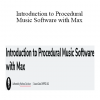
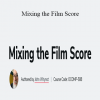
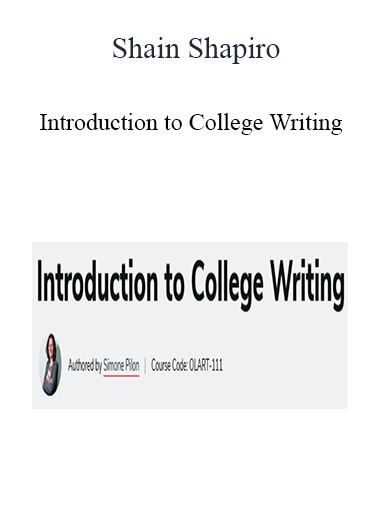
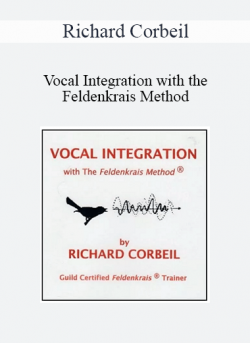
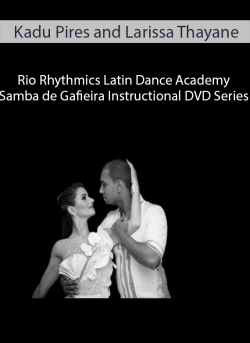
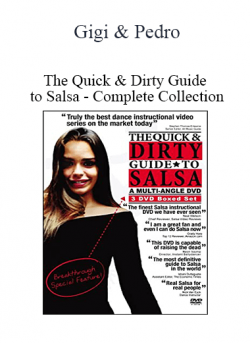

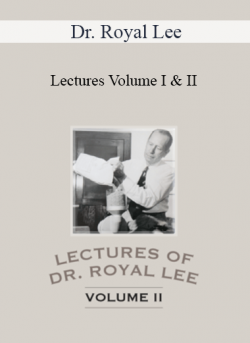
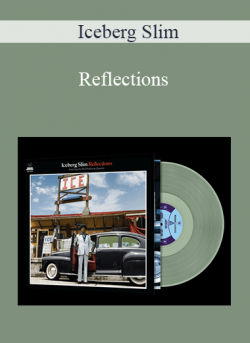
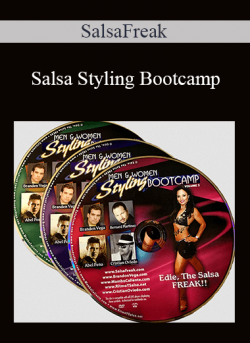
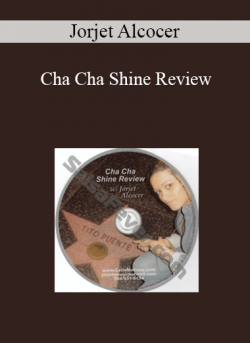
8 reviews for Simone Pilon – Introduction to College Writing
There are no reviews yet.